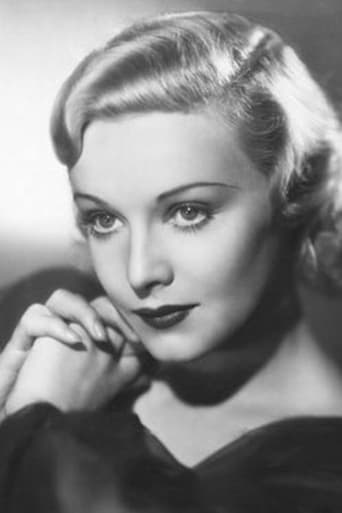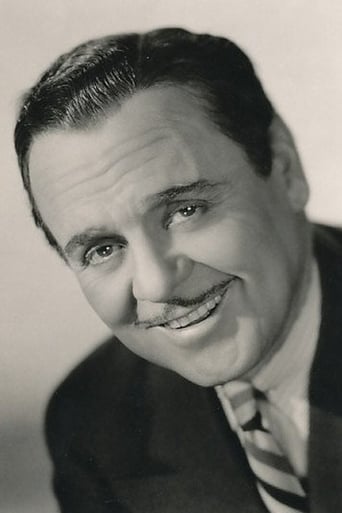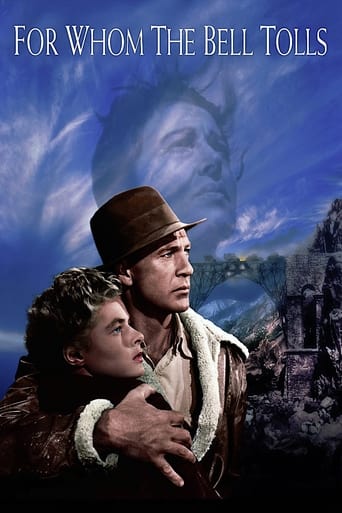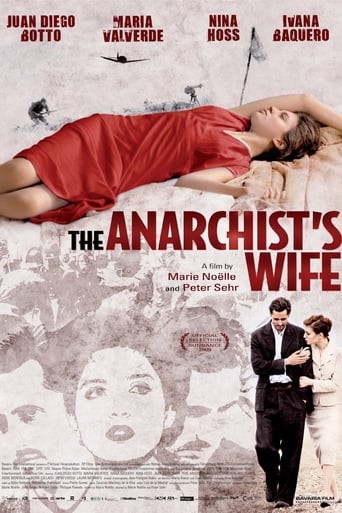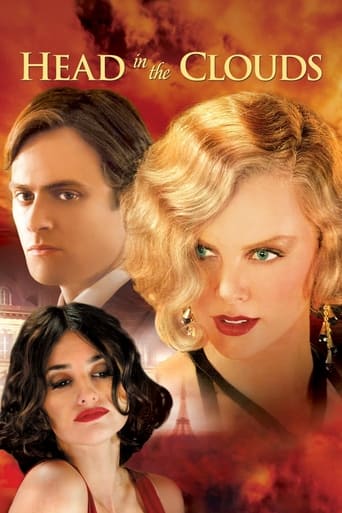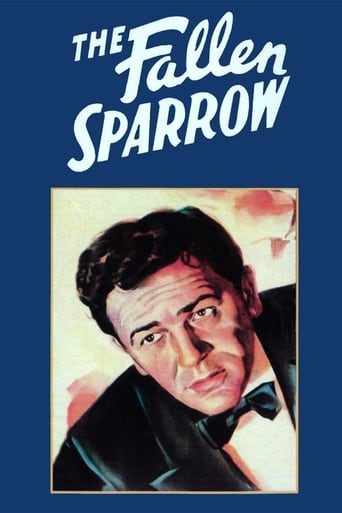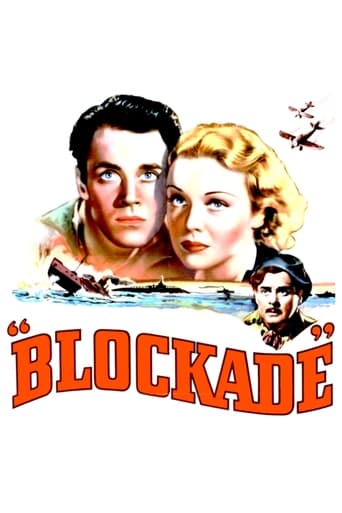
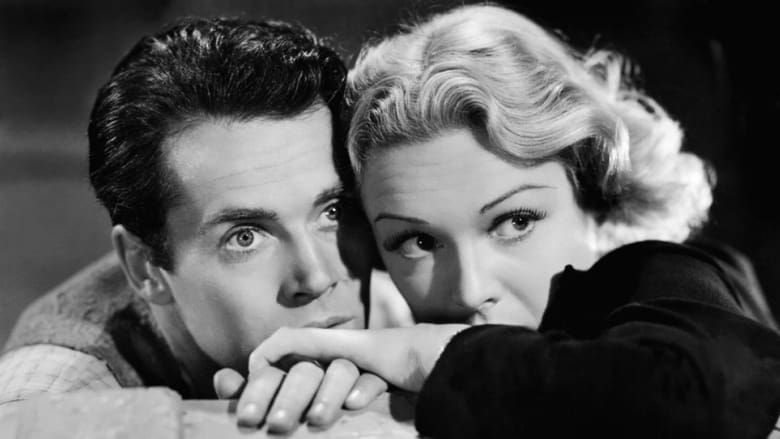
Blockade (1938)
A simple peasant is forced to take up arms to defend his farm during the Spanish Civil War. Along the way he falls in love with a Russian girl whose father is involved in espionage.
Watch Trailer
Cast


Similar titles
Reviews
Henry Fonda was roped into this -- he had a higher box office rating than the perfect actor for it, Gilbert Roland. There aren't many roles both of these men could play, and this wasn't one of them.The story concerns the Spanish Civil War.The script was written by an avowed Communist, John Howard Lawson who wanted to "present the Communist position" in his scripts. He doesn't really get to do that in Blockade, since it's deliberately ambiguous as to the different factions, referred to as "they" and "us." The costuming also doesn't suggest anything as far as sides.The story concerns a place called Castelmare, where Marco and Luis (Fonda and Leo Carrillo) help a Russian woman, Norma (Madeleine Carroll) who has had a car accident on the way to her father's. For Marco, it's love at first sight.When war begins, Marco is the head of a group of peasant attempting to defend Castelmare. Meanwhile, Norma and her father are forced to spy for the other side. Marco winds up killing Norma's father.Castelmare cannot get any supplies, and Norma is being blackmailed to give information about the ship so that it can be sunk.Probably the most striking thing are the closeups of the suffering peasants.Casablanca it isn't. Fonda and Carroll have no chemistry. The dialogue is very stilted. Henry Fonda at the end gives an impassioned speech right into the camera. It's embarrassing.
The Fonda/Caroll romance is one of the weakest you can see in a thirties film.He seems to appear haphazardly at the most awkward moments.That leads us to a Corneille-like situation:Fonda has killed his love's father.Politically,the film remains vague,always referring to the enemy as "they" like in Borzage 's 'three comrades" (but that was a great film though).The war was over on the first of March 1939;thus the film ,made in 1938,warns us ,in a clumsy way,that it's only the beginning:propaganda movies can be great,but it takes a strong screenplay (best example:"the mortal storm" Frank Borzage) and not a cat and mouse play between spies ,corrupt officers and profiteers of war.In consequence ,the best scenes ,IMHO,are those which deal with the masses;the starving faces ,watching the ship sinking down are reminiscent of Eisenstein,whose influence was huge at the time.
John Howard Lawson joined the CPUSA in 1934 and announced that he would try to "present the Communist position" in his scripts. On the face of it, he didn't get far in "Blockade", a notoriously timid Spanish Civil War pic released while it was still being fought. Publicity promised that "the story does not attempt to favour any cause"; even the uniforms were ambiguous.The factions are referred to only as "Them" (invaders) and "Us" (invaded). The casus belli is no more than Their attempt to purloin Our land, a valley near Granada. What ensues is personalised, studio-bound melodrama. Heroic amateur soldier Henry Fonda stiffens his fellow peasants' backs to resist the grab. He woos blonde White Russian adventuress Madeleine Carroll and finally demands foreign intervention in a Chaplinesque harangue to camera: "Where's the conscience of the world?"It all savours of Hays Office intervention and the anxiety of Lawson's "progressive" producer, Walter Wanger, not to provoke the US public by charging them for a liberal sermon. But "Blockade" may be subtler agitprop than it seems.By 1938 anybody who read a paper or watched "The March of Time" would infer that Fonda stands for the Republic fending off General Franco's Nazi- and Fascist-backed Nationalists-- not the other way round. And Lawson's emphasis on small farmers guarding their ancestral acreage is just what Stalin ordered. In reality the country round Granada was a hotbed of anarchist schemes for collectivising agriculture, but the Communist line was that the Republic's left-front government, including democratic socialists and liberals, must be sustained till the rebel generals were routed. Only then could land reform be considered; reform under the aegis of a Communist-dominated regime subservient to Moscow, which would nationalise the land, not parcel it out to dubious anarchic types.Moreover, Lawson must have relished making Carroll's character an exiled daughter of Russia with a crooked anti-Red father, who sees the light in Fonda's arms.We laugh at movies such as this and "Last Train from Madrid" for their superficial, sentimental view of a burning issue. But what right has today's supposedly more liberated Hollwood to laugh? Where were Vietnam films during the conflict, apart from John Wayne's "Green Berets"? How many Gulf War or Enduring Freedom stories have we seen? How many portrayals of radical Islam, pro or anti? Hollywood is more gutlessly evasive than ever during our dangerous times. Well, export markets provide more of its profit margin than 60 years ago...
You'd really have to stretch to find a firm connection between this movie and the Spanish Civil War. If you were not a college student such as myself, studying this film, I doubt that you would even consider doing so. Remembering Franco is not a favorite pasttime of the people of this nation. It is a reminder of the fact that there was a leader who was willing to let his whole nation be decimated for personal gain. Yuckie! In the meantime, if you want cheesy, rigid filmmaking starring a paisley-cheeked Henry Fonda, look no further. Contains a love scene in a collapsed building, as well as a chicano actor pretending to be a spanish man pretending to play a flute. Dig the oxymoronic ending!WARNING!!! Cheesiness may not lead to as many laughs as cheesiness of Tremors!


